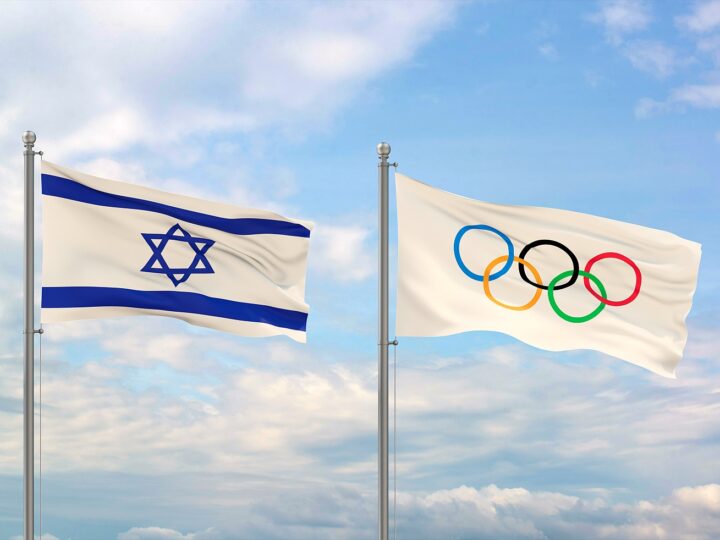The 2024 UEFA European Football Championship, commonly referred to as “the Euros,” is the second most popular soccer tournament in the world, surpassed only by the World Cup.
Euro 2024 in Germany will see teams from 24 nations battle it out for the chance to be crowned the best on the continent. The tournament is set to take place between June 14 and July 14.
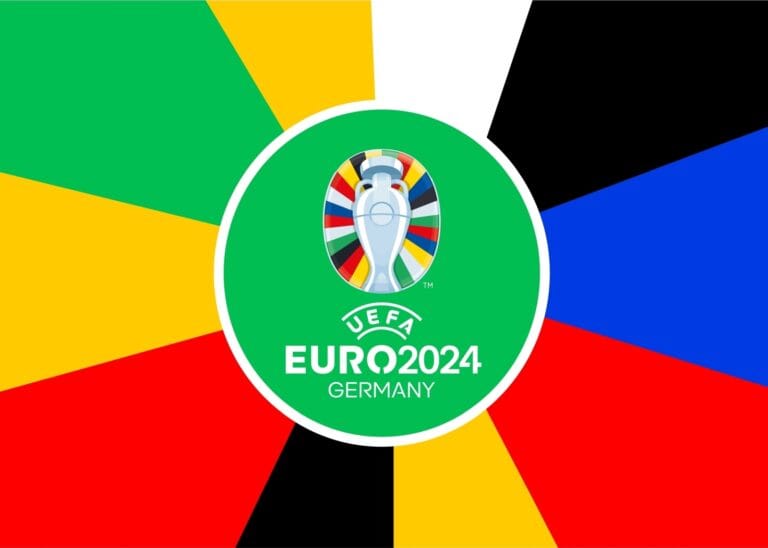
The Israeli national soccer team qualified for the World Cup on one occasion, in 1970, but it has never in its history managed to make it to the Euros.
20 years wandering in soccer desert
Despite soccer being the most popular sport in Israel, the country’s achievements in this field on the international arena so far have been modest.
“Our position in the soccer world is quite unique,” Uri Levy, founder of popular soccer site BabaGol, tells ISRAEL21c.
“Our soccer style is more Middle Eastern rather than European, from the physical ability of the players to tactics and techniques,” says Levy, who is set to cover Euro 2024 for Kan, the Israeli Public Broadcasting Corporation.
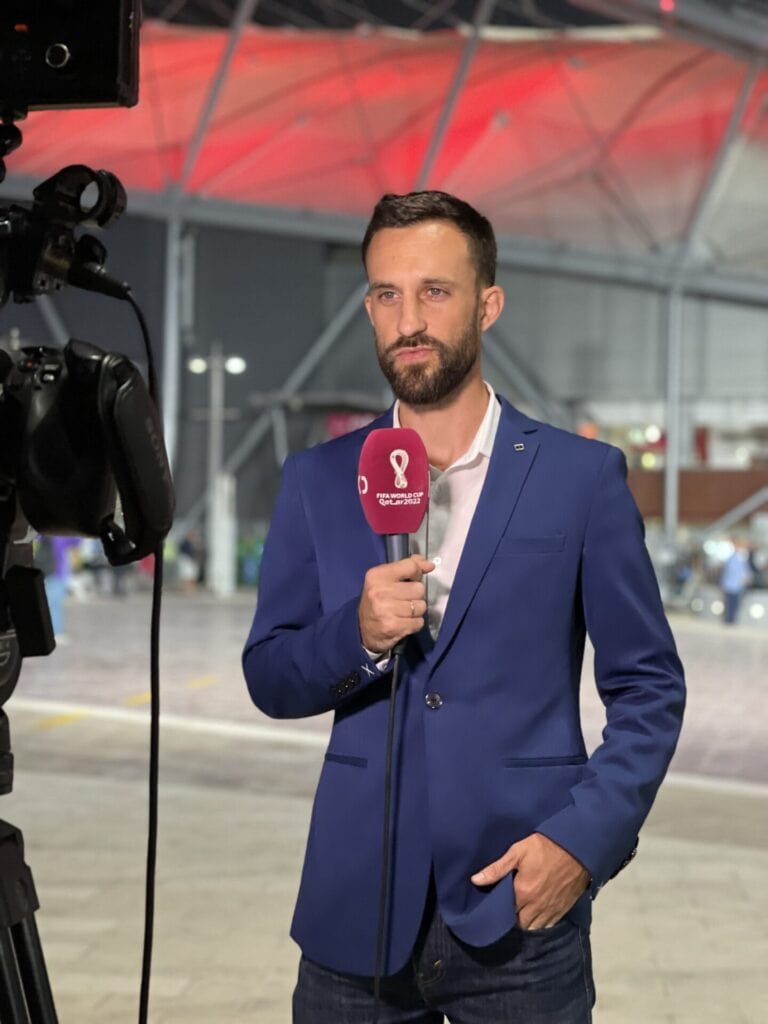
Until the 1970s, Israel was part of Asian Football Confederation (AFC), which includes teams from ASEAN nations, as well as the Middle East.
“In the beginning of the 70s, many Arab countries began refusing to play against Israel,” explains Levy.
This resulted in the Jewish state getting expelled from the AFC in 1974 following a proposal initiated by Kuwait.
“We began wandering across the world. We even played in the Oceania Football Confederation [OFC],” he says.
Exactly 20 years after getting expelled from the AFC, in 1994, Israel officially became part of UEFA — the Union of European Football Associations.
“Of course there would be a gap between teams that have been part of UEFA from its inception [in 1954] compared to us,” explains Levy.
Hard to plan ahead
The development of a strong national team takes a lot of planning, which is a struggle for Israel due to the uncertain reality on the ground.
“Countries that aren’t at risk of being engulfed in a war at any given moment can plan 10 years ahead. They can invest state funds and resources without the fear that it won’t pay off,” notes Levy.
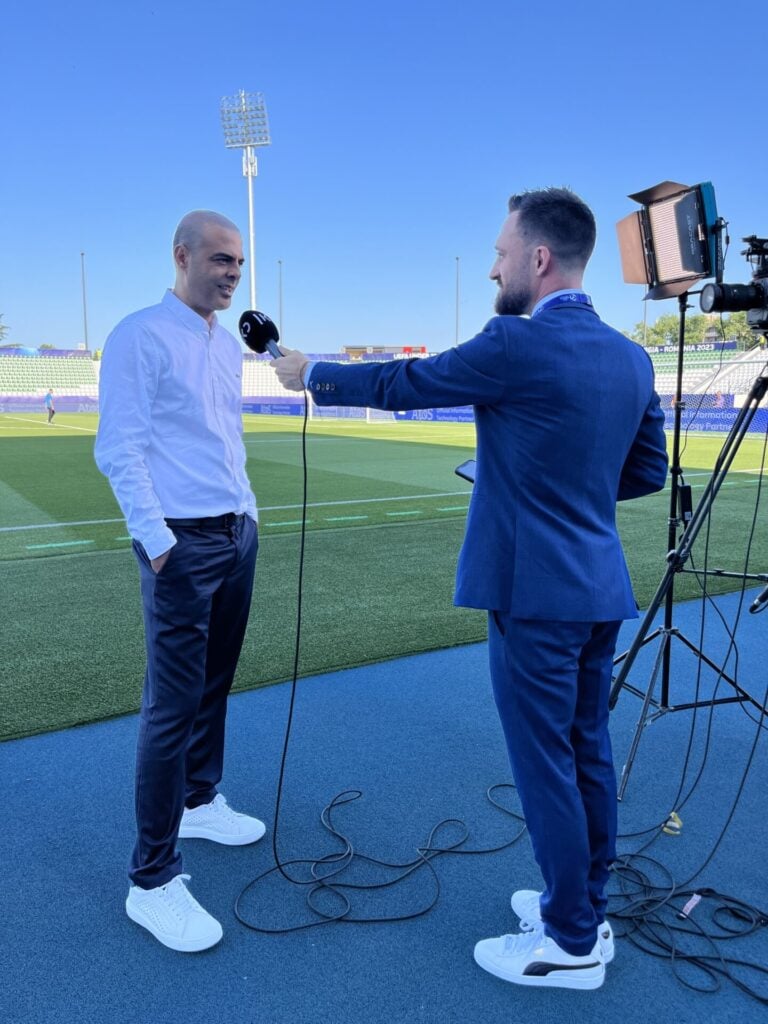
He explains that in “normal times,” the Israeli soccer authorities rarely plan more than two years ahead. The October 7 attacks proved that even two years may be a stretch.
“This short-term thinking has created a mentality where the players are taught from a young age to achieve as much as they can right now; otherwise they might never get another shot,” he says.
“In Europe, meanwhile, they invest in long-term development. The important thing is not who wins now, the important thing is to cultivate quality players for the future.”
Mismanagement
Levy adds that investment in quality coaches and team managers is also something that the Israeli Football Association (IFA) takes for granted.
“The level of training for coaches is not very high. I personally took a coaching course, and I felt the requirements weren’t high enough,” explains Levy.
Yoav Borowitz, who heads Kan’s sports coverage, feels the IFA and other associations responsible for Israeli soccer have never allocated enough funds for soccer infrastructure and youth programs, and have not promoted the right players, who then “go to waste.”
“For a long time, these bodies operated like political organizations rather than professional ones,” claims Borowitz.
He adds that Israeli players are not being prepared mentally for the pressure involved in playing international games at such a high level.
“We often collapse mentally in the moment of truth. We don’t win enough important games,” he notes.
“When you create a culture of failure, it’s very hard to get out of it.”
Coexistence through soccer
Levy says that among the positives to have emerged from Israeli soccer is how much it has advanced coexistence between Israel’s Jews and Arabs.
“Not many know this, but over 40 percent of players and coaches registered with the IFA come from the Arab sector,” he says.
Levy adds that between 2019 and 2022, players from the Arab sector made up around 30 percent of the Israeli national team. Currently, that proportion stands at some 20%.
30 years in Europe leave a mark
Despite all the negatives, the tide of Israeli soccer appears to be turning. As Levy puts it, 30 years in the best soccer association in the world leaves its mark.
“We see more and more Israeli players in European clubs,” Levy says.
“We have Oscar Gloukh in RB Salzburg, Daniel Peretz in Bayern Munich and Anan Khalaily, who is about to sign with Royale Union Saint-Gilloise. Maccabi Tel Aviv and Maccabi Haifa recently reached the knockout stages of UEFA Europa Conference League.”
Last year, Israel — for the first time in 48 years — qualified for the men’s soccer competition at the Paris 2024 Olympic Games by advancing to the semifinals of the 2023 UEFA European Under-21 Championship.
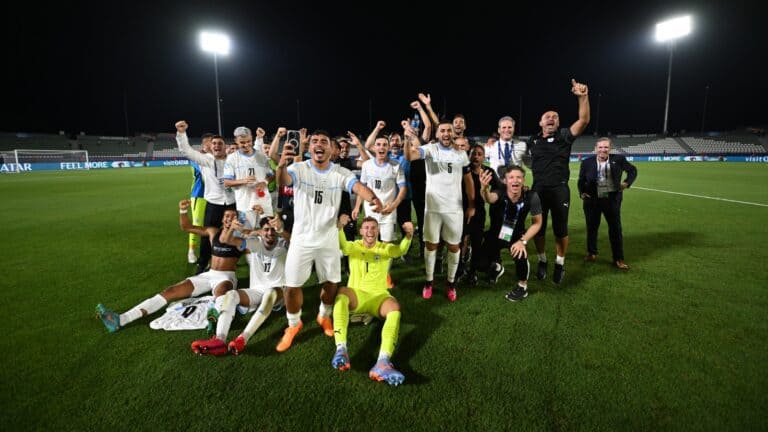
Only a month earlier, Israel’s under-20 national soccer team reached the semifinals of the U-20 World Cup.
“This brings a lot of hope. Maybe these are the guys who are essentially the fruits of labor we’ll bear in the near future,” says Levy.
He is full of hope that Israel will qualify for Euro 2028, and maybe even for the 2026 World Cup, but he remains realistic.
“We live in Israel; we don’t know what’s going to happen in two years’ time. Looking at the past eight months, we don’t even know what’s going to happen tomorrow.”















